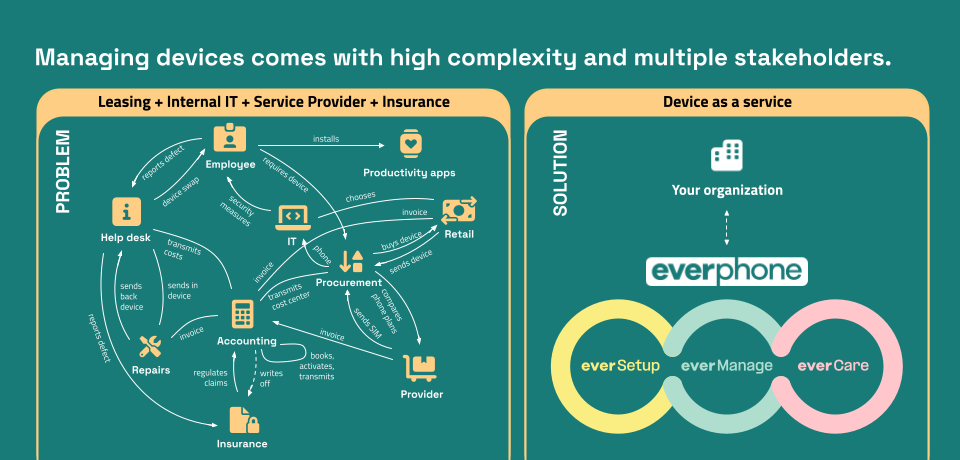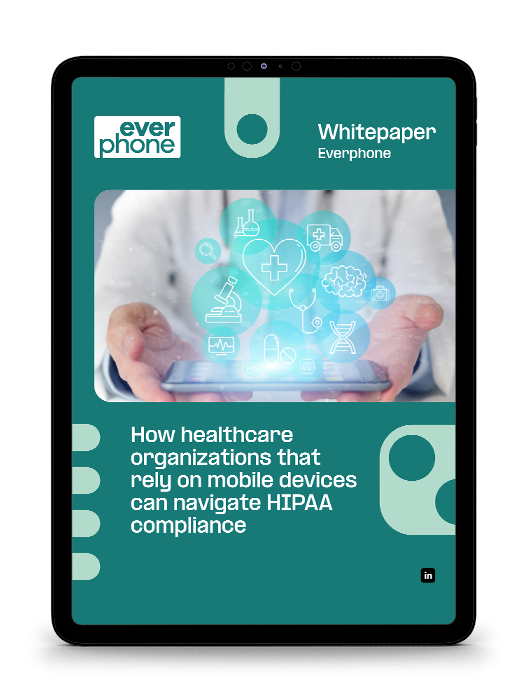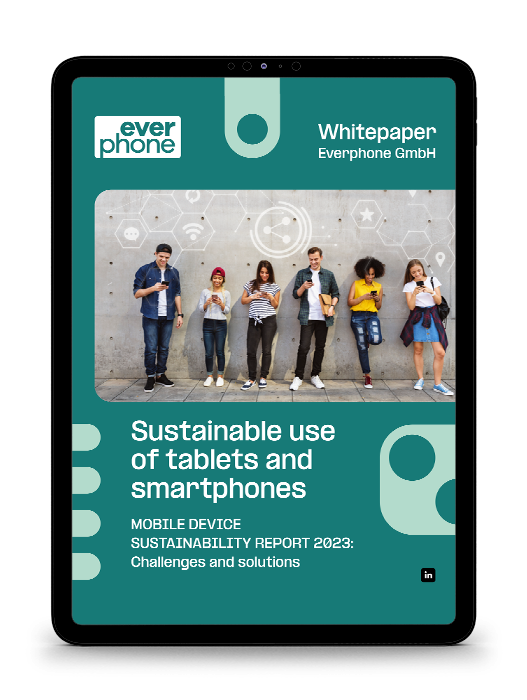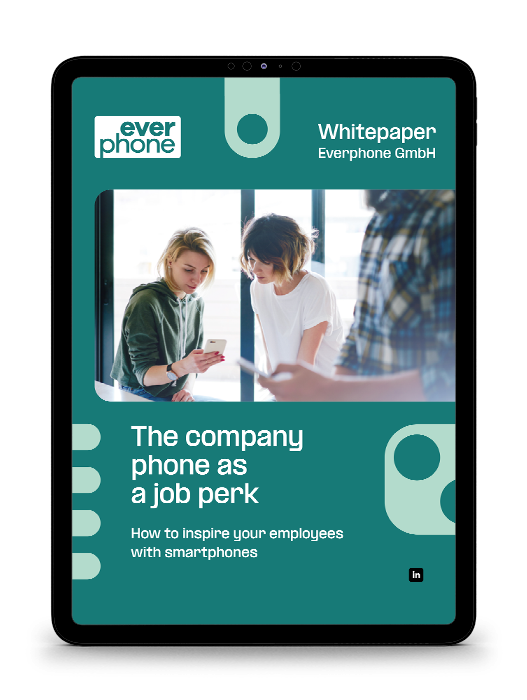Company phones from T-Mobile: Those looking to equip their business with smart mobile devices such as smartphones, tablets, and more have a plethora of choices. Should one buy them from a distributor? Lease them? Or acquire them from a mobile network operator like T-Mobile?
These are all viable options. Another option: Device-as-a-service, which is also available in the USA.
Which company phones does T-Mobile offer?
T-Mobile provides its business customers with a range of current smartphones, including the latest iPhones from Apple, as well as high-performance smartphones from Samsung, Nokia, Google, and other Android manufacturers. The Chinese brands Huawei and Xiaomi are not part of T-Mobile’s business portfolio.
Smartphones are available as part of a “bundle” offer: in a combined package of company phone and T-Mobile tariff. Companies simply choose a business tariff and select one of the offered devices.
In some cases, a one-time payment is required for T-Mobile company phones. The remaining device cost is gradually paid off from the monthly subsidy portion in the tariff during the contract period.
So far, so good—in principle, there’s not much to say against this procurement method. Except that there might be an easier way: You can actually rent smartphones, but more on that later.
Why does T-Mobile even offer company phones?
It’s obvious: Companies needing mobile contracts also need suitable devices for those contracts. So, what’s more logical than getting the tariff and smartphone from the same source?

Consequently, T-Mobile also offers company phones in the mentioned bundles. This allows T-Mobile to provide its business customers with comprehensive equipment: devices, tariffs, and digital solutions (fromcyber defense solutions to other IT-managed services) all come from one source. T-Mobile positions itself as a system provider capable of extensively and holistically supporting its business customers. And that’s a good thing.
Procuring company phones: The difference between bundle and SIM-only
However, binding devices to the tariff can complicate things for companies: with SIM-only tariffs, i.e., tariffs without bundled devices, companies can handle their mobile communication requirements more flexibly than with bundles. It might theoretically be the case that another mobile provider, not T-Mobile, offers the tariff that suits your company best.
Moreover, bundles can complicate the management of devices and mobile tariffs—starting with cost transparency and ending with incident management.
By bundling devices through different framework agreements, with various subsidy levels and discounts, it’s challenging for IT procurement in companies to precisely assess the costs of mobile device equipment.
If there are issues with the devices, such as a cracked display or other defects, the company’s IT needs to handle the incident. Often, surprisingly complex processes are linked to this, as a variety of internal and external stakeholders are involved in the exchange and billing of incidents.

The solution: Companies can opt for SIM-only tariffs and an alternative device procurement, such as “device as a service” (DaaS). DaaS offerings are particularly attractive because they finally create cost transparency and scalability.
Additionally, they take care of all the unloved detailed tasks related to device management: Exchanging defective devices, configuring new devices, staging them, and providing them to employees, etc.
This allows organizations, in the medium and long term, to fundamentally relieve internal resources from these redundant (and often little-appreciated by the involved specialized personnel) device management tasks. At the same time, they have a greater selection in tariffs, especially regarding tariff duration.
What does a company smartphone with a T-Mobile tariff cost?
To determine the costs of a T-Mobile company phone, you need to calculate the hardware subsidies included in the tariff and add them to the one-time payments for the devices. This would give you the flat device price.

However, you are still a bit away from the “Total Cost of Ownership” (TCO). To determine this, you need to add the internal efforts and consider that device costs increase if, for example, you exceed the minimum contract term. After all, you would continue to pay the hardware subsidies.
Get your company phone with device-as-a-service
If you want transparent costs at once and, more importantly, less work in IT, there’s an even easier option: Device-as-a-service.
This managed service completely handles the management (procurement, provision, incident management, return, and disposal) of smart devices. Additionally, the service includes the analysis and optimization of mobile tariffs. The disposal aims for reuse rather than recycling or, even worse, just getting rid of the devices however. In this way, device-as-a-service is a step towards using more eco-friendly phones.
Everphone has been the official device-as-a-service partner of Telekom, the German branch of T-Mobile, since 2021. In the US, Everphone’s “device as a service” also works with T-Mobile plans.





















